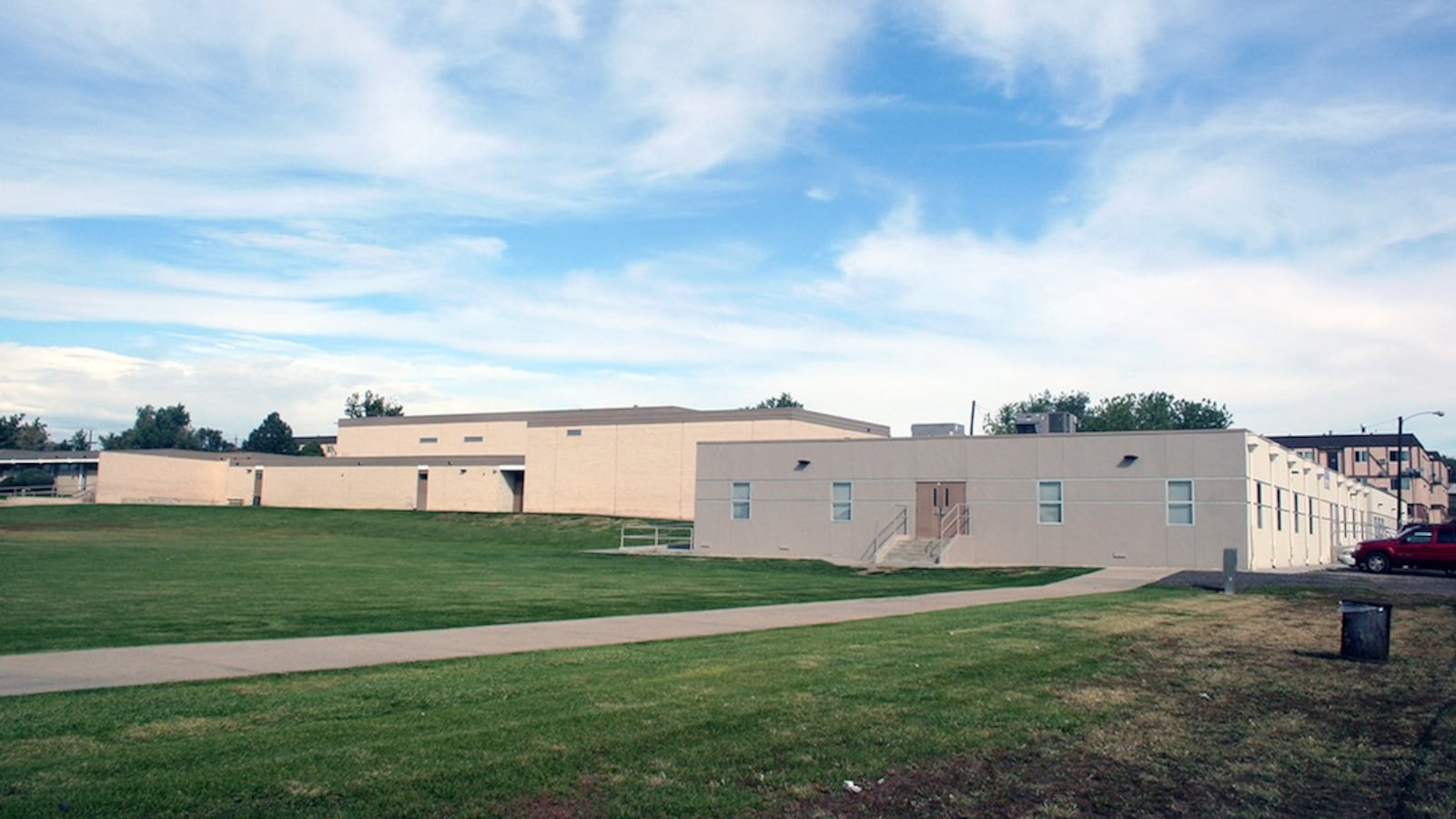Lamenting the low turnout that they believe doomed a slate of bond and levy questions, superintendents across Colorado said Thursday that the building and budget needs that would have been alleviated by the tax measures will still have to be met eventually.
Voters rejected half the local school funding measures put in front of them on Tuesday. But school leaders said that decaying buildings, overcrowding and cuts in programs mean that districts will likely return to voters requesting more funding in the near future.
“We’re going to see a lot more of the breakdown of infrastructure. The community we serve will feel it more,” said Adams 14 Superintendent Pat Sánchez. He said the Commerce City district would likely request funds again next fall to renovate elementary schools and build a new middle school.
In Mapleton, where officials had requested $67 million to update and repair roofs, electrical systems and bring buildings up to safety code, Superintendent Charlotte Ciancio said that the district’s board would meet to determine how to move forward after the election. “It continues to be clear how many in our community lack understanding of the needs of a public school district, and how many people are choosing not to engage in conversations.”
Statewide, districts were seeking $50.9 million in 26 mill levy overrides. Just 11, totaling $17 million, passed. Mill overrides are additional tax hikes that must be approved by voters. Districts use the extra revenue to support various programs and fill funding gaps, which have increased during the past few years as the state begun using the so-called “negative factor” to cap state spending.
Colorado superintendents plan to push for more money from the state during the next legislative session.
School boards were also seeking $1.5 billion in 18 different bond overrides to support building construction and maintenance; voters passed nine worth $710 million. The bonds were proposed to create new buildings in fast-growing areas of the state or to replace deteriorating infrastructure in rural and suburban counties.
Colorado voters have a mixed record on supporting local referenda. While just over half of the mill levies and bonds passed both in 2014 and 2013, more than 90 percent passed in 2012, and fewer than a third passed the year before.
This year, mills and bonds passed mainly in rural districts, such as Pawnee and Platte Valley, and in more affluent areas, including Telluride and Boulder, which passed a $567.4 million bond for construction — the largest in the state’s history.
But in fast-growing Adams County, where all five districts requested additional funds, five capital construction bonds and four mill levy overrides all failed.
“I’m a little blue…Statewide, it seems like a lot of people didn’t get involved and didn’t vote.” said Commerce City Superintendent Sánchez. He said the lack of bond funds in particular would be a challenge. “We have to do the best with what we have.”
Groups in each Adams County district had organized to support the additional funding measures.
A spokeswoman for the campaign that supported the bond measures for the R27J school district that serves students in Brighton, Commerce City, and Thornton said of the results: “We are disappointed in the outcome of the election, because the bond would have helped the district address the very serious overcrowding happening in our schools. This situation will not get any better, and in fact will only get worse as more and more families move to the community.
Adams County district leaders said they were disappointed both by the outcome of the vote and by low voter turnout — just 43 percent in the county. Statewide, voter turnout hovered just below 55 percent. That’s still higher than the overall national turnout — 36.6 percent.
Adams 12 Five Star Superintendent Chris Gdowski said in a letter to parents that some voters might have assumed Amendment 68, which would brought more revenue from gambling into schools, would address funding woes. That amendment did not pass in Tuesday’s election.
In El Paso county, voters in Falcon school district 49 supported a mill levy override that would give $7.5 million in operating expense to the district, but blocked a measure that would have brought in $107 million to support new buildings.
Peter Hilts, the district’s chief education officer, said in an email that the override would “allow [the district] to pay our excellent teachers wages that are competitive with the more affluent districts to our west.”
Still, he wrote, the district needs to determine how to accommodate a student population that has nearly doubled in the past 10 years.


